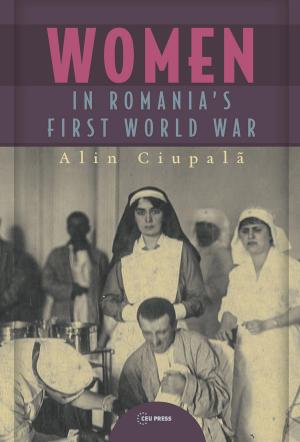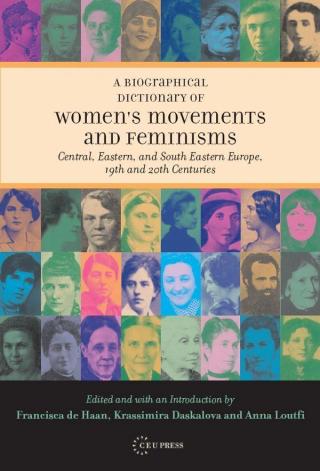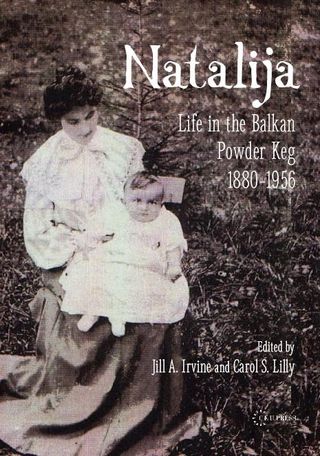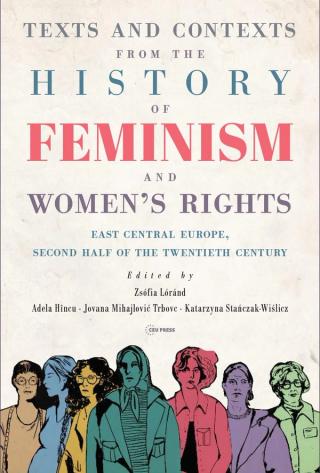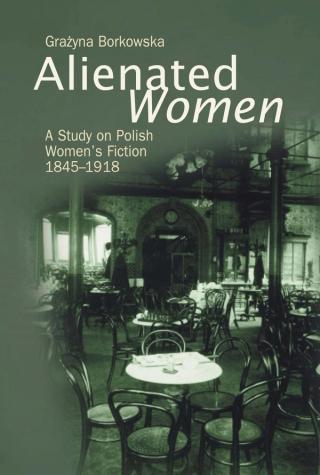In August 1916, the Kingdom of Romania (Wallachia and Moldova) entered the First World War, leading in 1918 to a union with Transylvania and Bessarabia. Alin Ciupalã’s book considers the contribution of women to the achievement of the Romanian national project, including the role of bourgeois and middle-class women, the position of women in rural areas, and love, sex, and eroticism in wartime. He presents portraits of female figures, including Queen Marie, who organized field hospitals, supported civilians, promoted Romania abroad, and visited soldiers, and Ecaterina Teodoroiu, Romania’s only female officer, who died leading troops in battle.
Beyond women’s contribution to the war, the book also examines the effects of the First World War on gender roles in Romania. Feminist leaders expected that a wartime “training service” would entitle women to a life with full rights as citizens. Yet after the war, the situation returned to “normal,” and women largely continued to be excluded from the public sphere.

